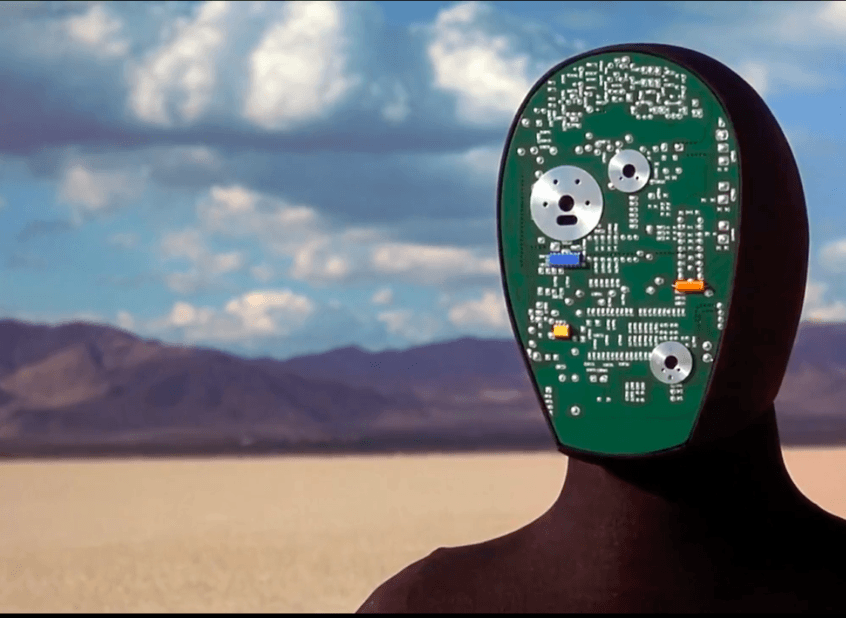I love it when I pick up the business section of the newspaper and something jumps off and hits me in the face. Today I came across this article written by Coach Kriengsak Nitpattanasai who has a column in the Bangkok Post.
Coaching by question and brain research
Nitpatanasai gives an overview of David Rock’s book Quiet Leadership: Help People Think Better–Don’t Tell Them What to Do.
All of my excited buttons went off simultaneously as I googled these gentleman. Mostly, for two reasons:
1. Their research and experience proves the questioning methodology of coaching works (and)
2. The book shows how our brains move ideas into action–or transformational change.
Throughout my MBA program, I was obsessed with the topic of Transformational Change (and still am!) and this is why I went into the field of Coaching / Consulting.
What is Transformational Change?
One definition is that it “requires altering and expanding the limiting mindset in which the individual (or) the organization operates.”
This is not just changing HOW an Individual does something, or adding a new idea to an existing set of tasks. We are Literally CHANGING THE WAY PEOPLE THINK. Changing the way they think about their lives, their limitations, and their possibilities.
Here is an example. Everyone Knows that they Should go to the gym, but most people continue to sit on the couch. They are tired. They can justify it. A nominal change might be that they take a step towards going to the gym. Maybe they buy workout clothing or shoes, or get a gym membership.
Transformational Change occurs when the person actually changes the way they think about the gym, and then continually and successfully go. Thinking has changed, therefore, results are achieved.
As a coach, this is what we do. We help speed up this process.
I really enjoyed reading this article, because it brought up two critical points:
We cannot tell people to come to a new conclusion
They have to come to it themselves. Inside all of our brains there are essentially road maps. The roads that exist are experiences or thought patterns that we have had before. If we want to go to a new destination (read: way of life, new way of thinking, way of living differently), our brain has to create a new road.
When we experience an epiphany or eureka moment… This Is Transformational Change! Our brains have essentially built a new road. And, lucky for us, our mindset has changed, meaning our behaviors can change, thereby changing our results.
We CAN lead people to their own conclusions
Telling someone what to do is about as effective as me explaining to you how to get to my house in Krabi, Thailand. You can’t even picture it, because you’ve never been here. Changing mindsets is relatively the same thing. By leading someone to their own conclusions by questioning, people can experience the awareness of putting a new thought into action.
Here’s an overview of Rock’s model:
Rock came up with a four-step model that has visual and audible clues to watch for when we’re trying to help people develop their own insights:
1. Awareness: When we face a problem or dilemma, our face looks a little unhappy or perplexed. Our eyes might squint slightly. We recognize we have a problem, we feel stuck. From a neuroscientific perspective, we have various mental maps in conflict. They have competing values, competing demand for resources, and the brain has not yet worked out how to resolve this conflict by creating a new metamap or by reconfiguring our existing maps.
2. Reflection: Your face changes. Most people look up, or slightly up and across, and have a dazed look on their face. Their forehead might tense up as they think more deeply. Nearly everyone becomes silent for a moment.
3. Illumination: There’s a rush of energy if it’s big idea, like Archimedes’ “eureka” moment.
4. Motivation: People’s eye movements show they are ready for action.
((This process is the most gratifying part of my job… watching the transformational change take place by the look on someone’s face.))
Coaching, in my view, isn’t about coming in and telling someone what to do. It is about meeting someone where they are at and giving them the skills they need to break through old ideas and limiting behaviors– thereby helping them to pave new roads to unlimited success. Want Greater Success? Sign Up for my FREE Business Consulting Program Here ($600 Value!!)
Thoughts?
(Here’s a link to the book if you want to check it out…)



